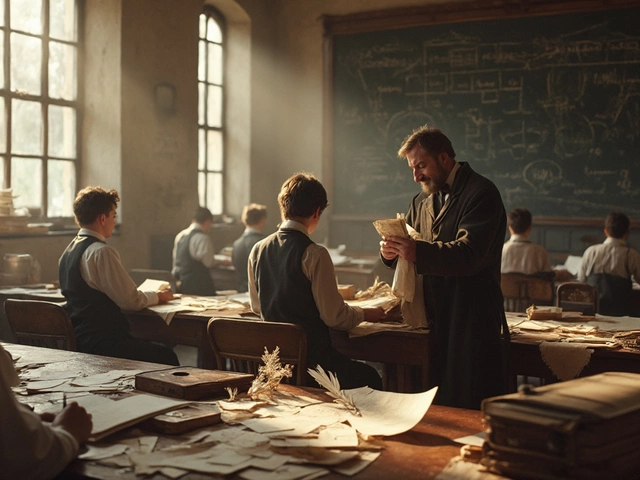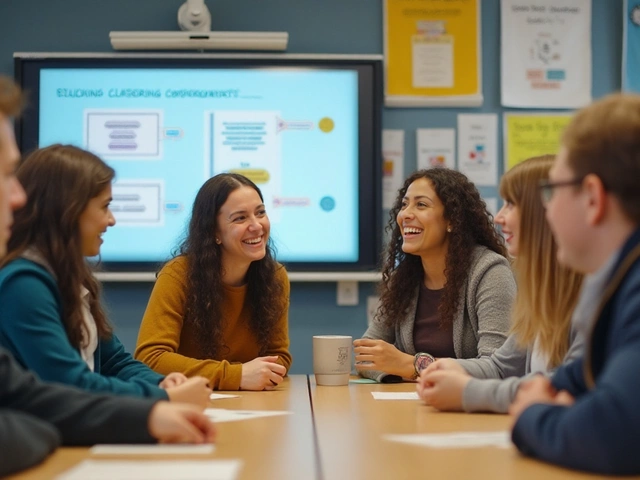Education Theory: Understanding How We Learn
Ever wondered why some lessons click instantly while others feel like a slog? The answer lies in education theory – the ideas that explain how we absorb, keep, and use information. Knowing a few simple models can make you a better student, a more effective teacher, or just someone who learns faster in everyday life.
Classic Learning Models You Can Use Today
The first set of theories most people hear about are the classic ones: behaviorism, cognitivism, and constructivism. Behaviorism focuses on what you do – repeat a task, get a reward, and the habit sticks. Try using short quizzes after each study session; the immediate feedback works like a tiny reward loop.
Cognitivism looks at the brain’s inner work. Break big topics into bite‑size chunks, use mind maps, and you’ll help your mind organize new info. For example, when studying a new word list, group words by theme (food, travel, emotions) instead of memorizing a random list.
Constructivism says you learn best when you build knowledge yourself. Turn passive reading into active projects: create a poster, teach a friend, or write a short blog post about what you just learned. The effort of producing something new forces you to connect the dots.
Adult Learning Theory: Making Learning Stick for Grown‑Ups
Adults don’t learn the same way kids do. Andragogy, the adult learning theory, highlights four key points: relevance, experience, self‑direction, and problem‑solving. Ask yourself, "Why does this matter to me?" before diving into a new topic. If you can tie the material to a real‑world task – like using Excel formulas to budget your grocery bill – you’ll stay motivated.
Bring your own experiences into the mix. When a concept reminds you of something you already know, link them together. For instance, if you’re learning about supply‑chain management, think of your last online order and how it traveled from warehouse to your door.
Give yourself choices. Instead of following a rigid syllabus, pick the format that fits your style – video, podcast, or hands‑on practice. And finally, focus on solving a problem. Trying to fix a real issue (like improving a presentation slide) forces you to apply the theory right away, solidifying the knowledge.
These ideas pop up across many of our articles. In "Best Adult Learning Theory: Guide to Effective Adult Education Strategies" we break down each principle with easy steps. In "Fastest Teacher Training Program" we show how adult learners can fast‑track certification by using these same shortcuts.
So, whether you’re a student battling exam stress, a teacher designing a lesson plan, or a professional upskilling for a new role, remember that education theory isn’t just academic jargon. It’s a toolbox you can open right now. Pick one strategy, try it for a week, and notice the difference. The more you experiment, the faster you’ll find the mix that works best for you.






